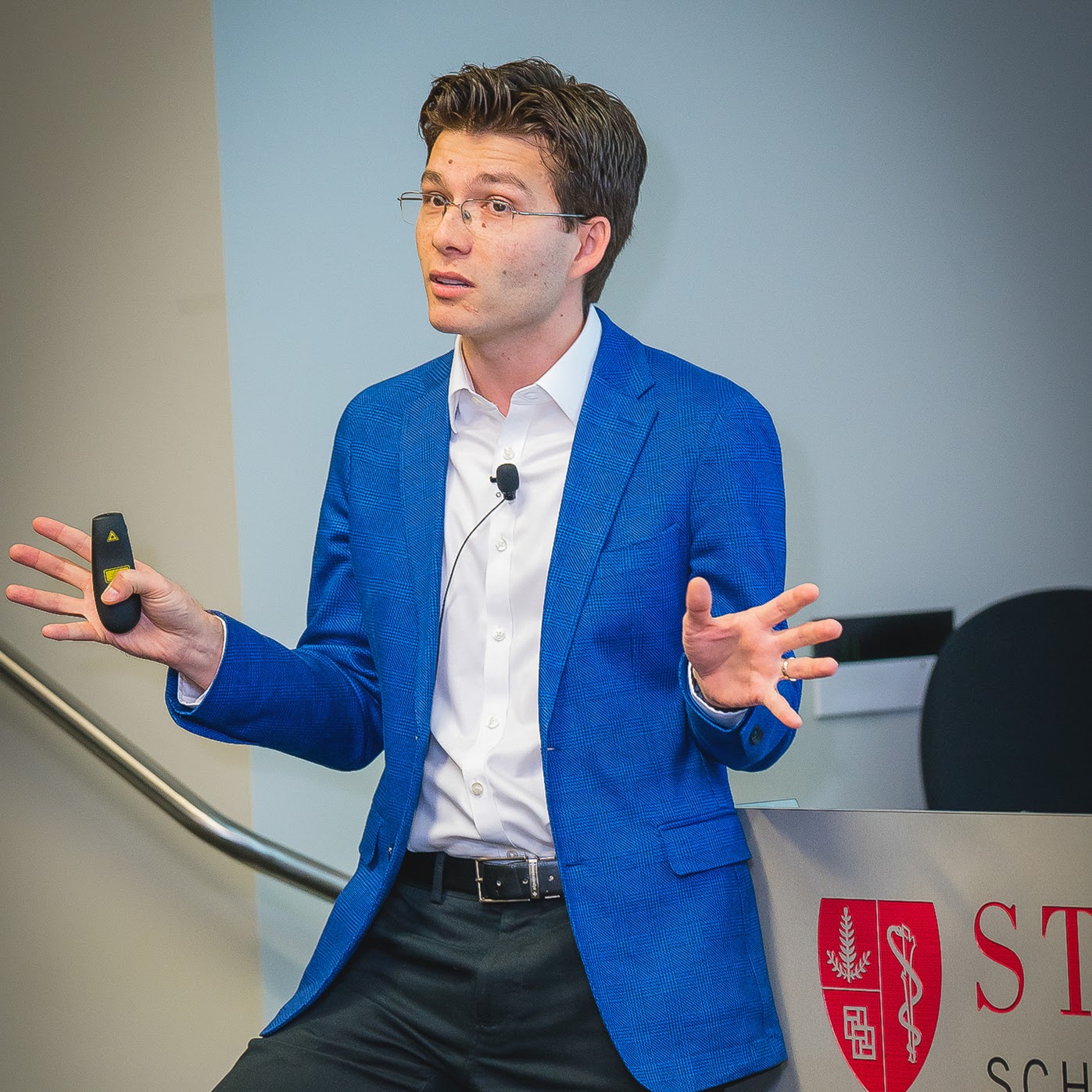Sergiu P. Pașca
 Sergiu P. Pașca (born January 30, 1982) is a Romanian-American scientist and physician at Stanford University in California. He is renowned for his groundbreaking work creating and developing stem cell-based models of the human brain to gain insights into neuropsychiatric disease. His lab was the first to develop and name assembloids: multi-unit self-organizing structures created in 3D cultures that allow for the study of human neural circuit and systems functions ''in vitro.'' Pașca’s lab generated and published human cortico-striatal and cortico-motor assembloids in 2020. Combining regionalized neural organoids pioneered in the lab and studies with human forebrain assembloids and transplantation, in 2024, Pașca developed a therapeutic for a severe genetic disorder called Timothy Syndrome, which was published on the cover of ''Nature''.
Sergiu P. Pașca (born January 30, 1982) is a Romanian-American scientist and physician at Stanford University in California. He is renowned for his groundbreaking work creating and developing stem cell-based models of the human brain to gain insights into neuropsychiatric disease. His lab was the first to develop and name assembloids: multi-unit self-organizing structures created in 3D cultures that allow for the study of human neural circuit and systems functions ''in vitro.'' Pașca’s lab generated and published human cortico-striatal and cortico-motor assembloids in 2020. Combining regionalized neural organoids pioneered in the lab and studies with human forebrain assembloids and transplantation, in 2024, Pașca developed a therapeutic for a severe genetic disorder called Timothy Syndrome, which was published on the cover of ''Nature''.Pașca is a pioneering neuroscientist and stem cell biologist and holds the Kenneth T. Norris Endowed Professorship in Psychiatry and Behavioral Sciences at Stanford University. He founded and leads the Stanford Brain Organogenesis Program as the Bonnie Uytengsu and Family Founding Director. He is part of the Stanford Neurosciences Institute, Stanford Bio-X and he is a fellow of the ChEM-H Institute at Stanford. Pașca was listed among New York Times Visionaries in Medicine and Sciences, he is the recipient of the 2018 Vilcek Award for Creative Biomedical Promise from the Vlicek Foundation, and the 2022 IBRO-Kemali Neuroscience Prize, and he holds a Doctor Honoris Causa. In 2022, he gave a TED talk on reverse engineering the human brain in the laboratory and in 2023 he became a Knight of the Order of Merit of Romania. Provided by Wikipedia